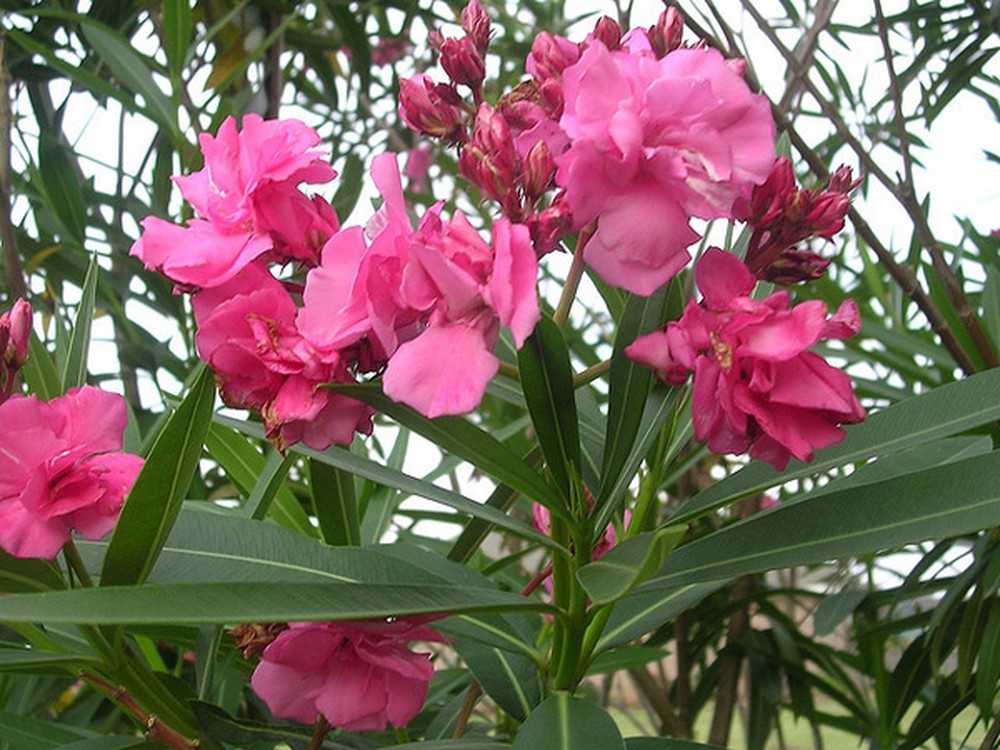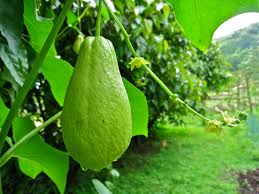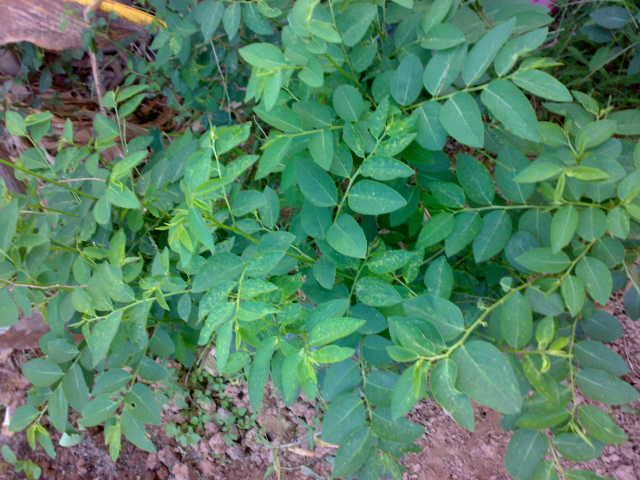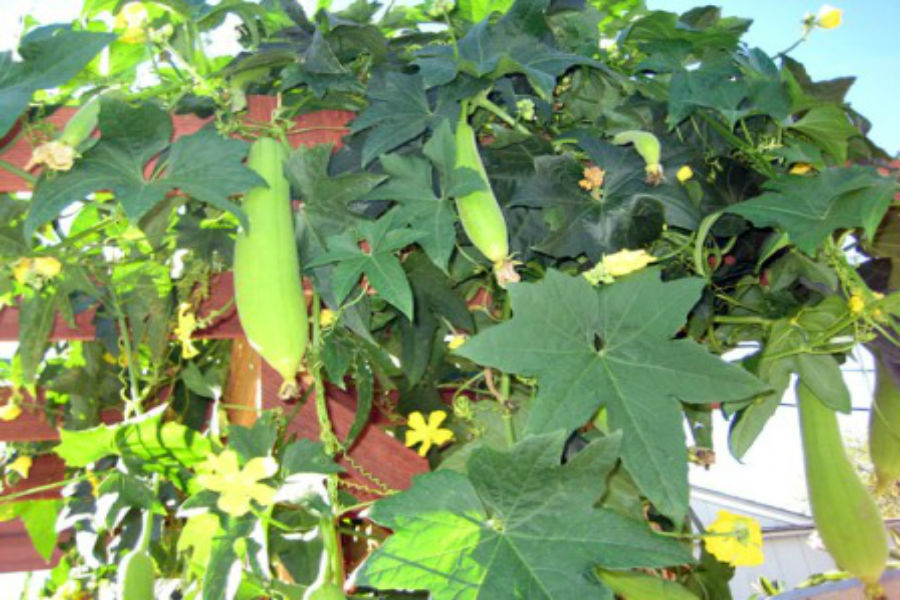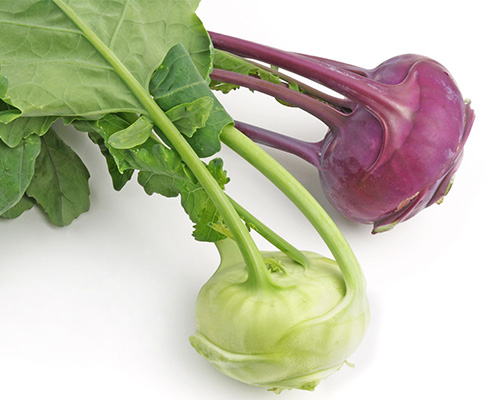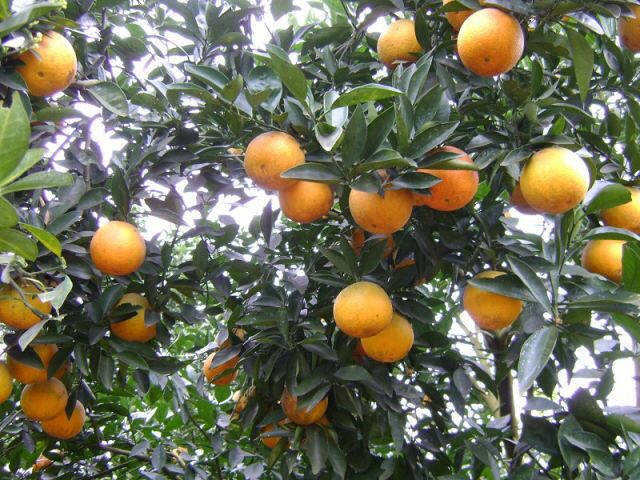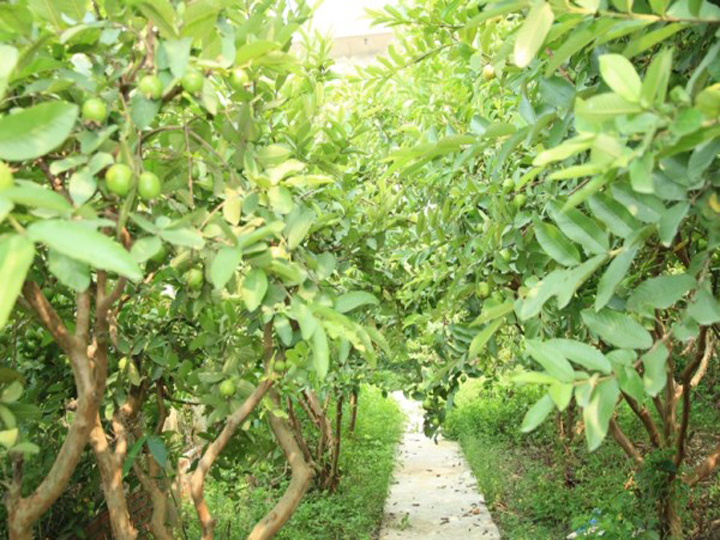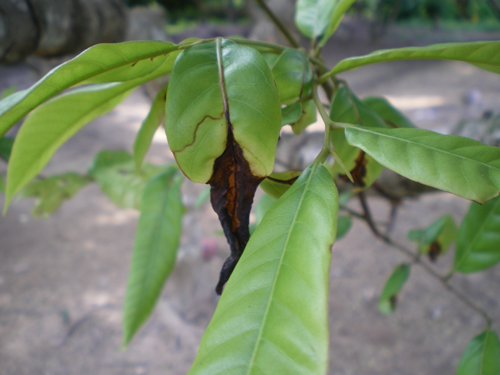This comprehensive guide explores the lucrative benefits and strategies for sourcing and profiting from this aromatic spice. Gain insights into maximizing returns, unlocking new markets, and harnessing the power of buying cinnamon in bulk.
Background on cinnamon in bulk
Let’s find out information about cinnamon in bulk: its origin, variation, and market potential.
The origin of cinnamon in bulk
As global trade developed, the concept of buying and selling commodities like cinnamon in bulk emerged. This was due to the economic efficiency of buying large quantities at a lower cost per unit, which led to greater profit margins. Furthermore, the industrial revolution and subsequent increase in food and beverage production amplified the demand for industrial-sized quantities of spices.
Today, the vital cinnamon-producing countries are Sri Lanka, Indonesia, China, and Vietnam. They export massive quantities of cinnamon, mostly in bulk, to meet the global demand. This bulk trade is managed by various wholesalers who play a crucial role in the cinnamon supply chain, ensuring that the spice gets from the producers to various industries and consumers around the world.

Different types of cinnamon in bulk in the market
There are different types of cinnamon in bulk in the market, including Sri Lanka cinnamon, Vietnamese cinnamon, Chinese cinnamon, and Indian cinnamon.
- Sri Lankan Cinnamon (Ceylon Cinnamon): Known as “True Cinnamon,” it has a subtle, sweet flavor with a slightly citrus note. Has thin and soft bark that easily breaks into stick form. A preferred choice for certain desserts and dishes. It’s also valued for its low coumarin content, which makes it better for consumption in larger quantities.
- Vietnamese Cinnamon (Saigon Cinnamon): A subtype of Cassia cinnamon, it has a stronger, sweet-spicy flavor and a darker color. It has a thicker bark compared to Ceylon cinnamon and is high in oil content. Due to its strong flavor, cinnamon in Vietnam is a popular choice for recipes that require a notable cinnamon presence.
- Chinese Cinnamon (Chinese Cassia): As a Cassia cinnamon type, it has a robust, spicy flavor and thick, rough bark. Compared to other types, Chinese cinnamon in bulk often has a higher coumarin content, which may limit its usage in foods and beverages.
- Indian Cinnamon: Grown in the southern states of India like Kerala: While India is not an extensive cultivator of cinnamon, the cinnamon produced here is often the Cassia variety. It has a strong, spicy flavor and a thicker bark than Ceylon cinnamon. Indian cassia is often utilized in the preparation of traditional Indian dishes.
For each of these types, wholesalers often offer different forms, including whole cinnamon sticks, ground cinnamon powder, and cinnamon oil. It’s crucial for wholesalers to be aware of the differences among these types to cater effectively to the varied demands of their customers in terms of flavor intensity, usage, and health considerations.
The current global market position of cinnamon
Cinnamon, as a spice, has seen consistent demand globally because of its wide usage in food, beverages, pharmaceuticals, cosmetics, and other industries. The two main types of cinnamon traded globally are the Ceylon cinnamon (mostly from Sri Lanka) and the Cassia cinnamon (principally from Indonesia, China, and Vietnam).
As of the last available reports, Indonesia was the largest producer of cinnamon in bulk, followed by China, Vietnam, and Sri Lanka. The United States has been one of the largest importers of cinnamon due to its extensive use in the food and beverage industry.
The market has been witnessing steady growth due to the increasing awareness of cinnamon’s health benefits, demand for natural and organic food products, and use in pharmaceutical products.
Benefits of cinnamon in bulk for wholesalers
Selling cinnamon in bulk brings several key benefits for wholesalers:
- Economies of Scale: Buying cinnamon in large quantities from producers reduces the cost per unit. This allows wholesalers to make a larger profit margin when selling to retailers or direct customers.
- Flexibility in Packaging and Pricing: Wholesalers can repackage bulk cinnamon into different sizes to cater to various market needs, such as retail sales, food industry needs, or pharmaceutical uses. This provides pricing flexibility and can boost profit margins.
- Increased Market Reach: By selling cinnamon in bulk, wholesalers can tap into various industries such as food and beverages, pharmaceuticals, cosmetics, and the wellness industry, leading to a broader market reach.
- Predictability of Demand: Given its wide usage across many sectors, demand for cinnamon is fairly consistent, leading to steady sales.
- Global Demand: As a globally recognized spice, cinnamon enjoys demand from markets worldwide, opening opportunities for export.
- Potential for Value Addition: Wholesalers can also invest in value-added cinnamon products such as cinnamon oil, powder, and capsules, thereby increasing their product range and profits.
While these benefits are attractive, it’s important for wholesalers to also consider the potential challenges, such as maintaining freshness and quality, ensuring a reliable supply chain, meeting regulatory requirements, and dealing with price fluctuations in the global market.

Navigating challenges in the cinnamon in the bulk market
Navigating the challenges in the bulk cinnamon market requires strategic planning and robust operational management. Here are some strategies to overcome potential hurdles:
- Supply Chain Complexities: Work closely with reliable producers to ensure a consistent supply. Develop backup plans for potential interruptions, such as natural disasters or political instability in producing countries.
- Quality Standards and Certifications: Implement stringent quality control procedures to ensure the delivered product meets the required standards. Get required certifications such as organic, fair trade, or geographic indications, if applicable.
- Transportation and Storage Issues: Collaborate with reputable logistics providers to ensure safe and efficient transportation. Store the cinnamon in bulk properly to maintain its flavor and prevent spoilage.
- Market Fluctuations and Pricing: To hedge against price volatility, diversify the product portfolio with other spices or related products. Regularly monitor market trends and adjust pricing strategies accordingly to remain competitive.
- Regulatory Compliance: Understand the regulations in both the producing and selling markets, such as labeling, safety standards, and import/export rules. If necessary, consult with trade experts or legal advisors to ensure compliance.
Remember, every challenge is unique and may require a tailored approach based on the specific circumstances of the business and market conditions.


